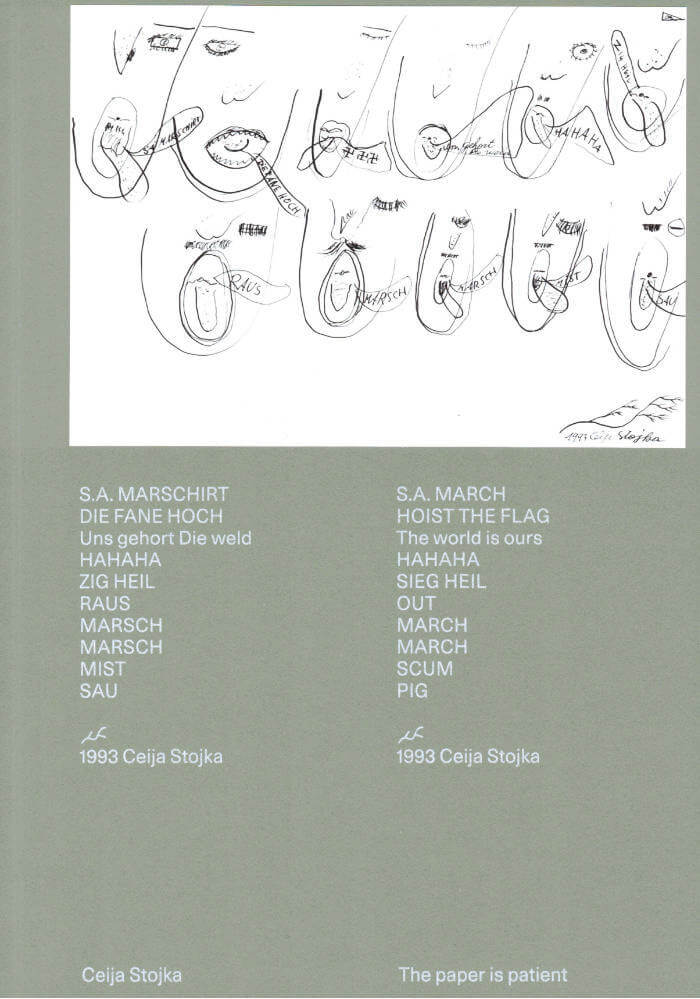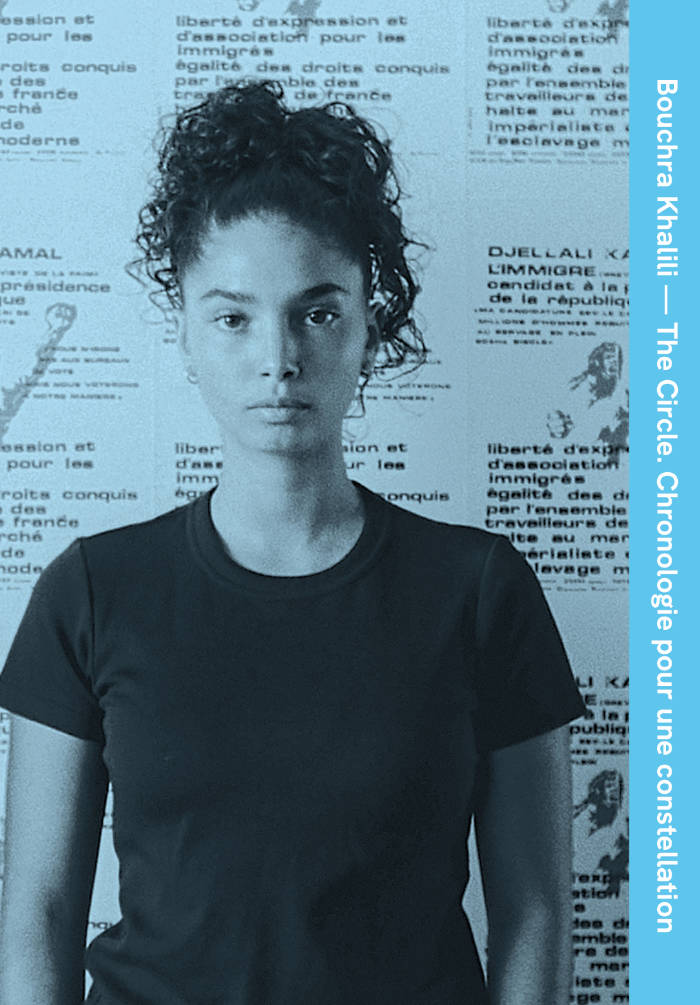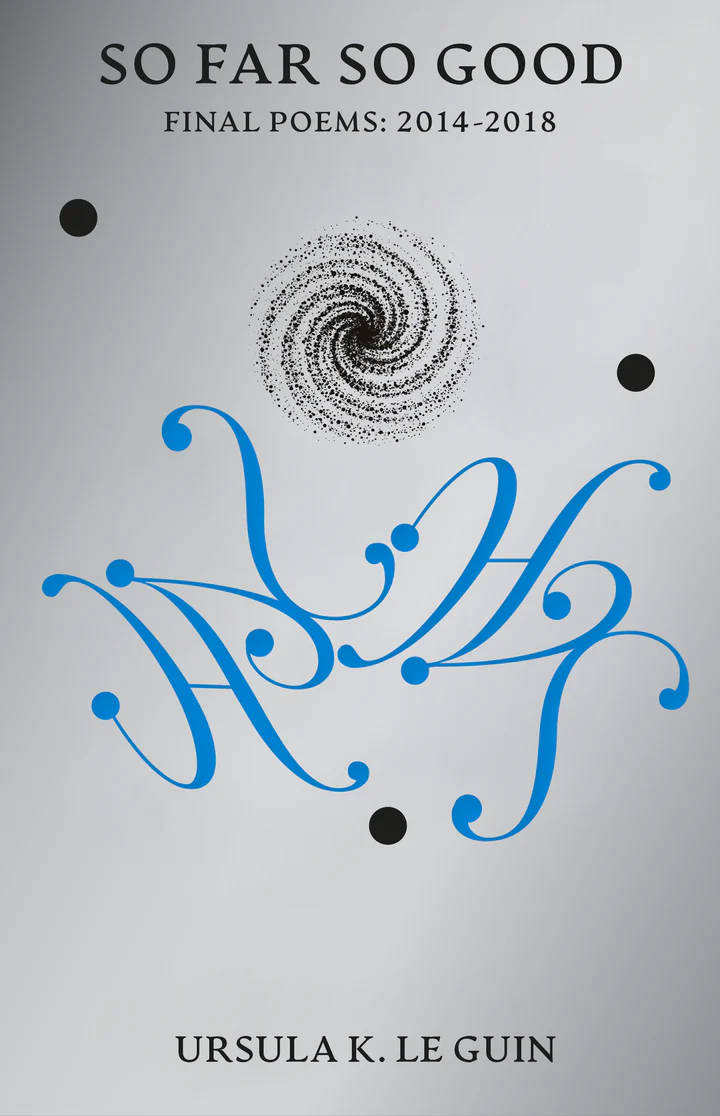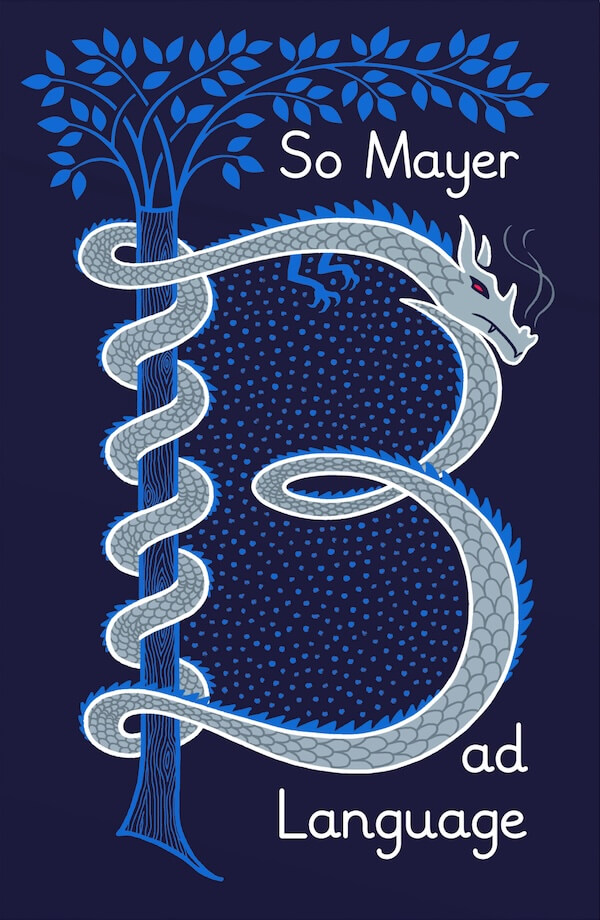
Second Sex War
Sidsel Meineche Hansen ed., Robert Leckie ed.
Stemming from a series of works by Sidsel Meineche Hansen, this monographic catalogue offers a range of perspectives on urgent issues around gender, sexuality and labour in the digital age.
This book orbits “Second Sex War”, a series of works by Sidsel Meineche Hansen addressing political and ethical questions arising from the use of digital bodies in contemporary visual culture and the means of production and distribution for these commodities. Realising that the same avatars are used across the pornographic, gaming and cultural industries, she investigates the working conditions and relationships that structure these fields. Through numerous essays and conversations, Second Sex War, the book, emphasises her collaborations with various practitioners (animators, musicians, writers) and the way they have inflected her practice. Media theorist Helen Hester (author of the Xenofeminist manifesto) reflects on the limitations of the porn industry and the use of female avatars. Artists collective Radclyffe Hall talks to photographer Phyllis Christopher about early lesbian erotica magazine in the 1980s. Linda Stupart compiles quotes by Sara Ahmed, Kathy Acker and Ursula K. Le Guin to consider what is radical sex today. Artist Hannah Black's contribution, which opens the publication, reads like a manifesto for artists being crushed under the weight of current political circumstances.
Edited by Sidsel Meineche Hansen and Robert Leckie.
Texts by Robert Leckie, Hannah Black, Helen Hester, Phyllis Christopher & Radclyffe Hall, Linda Stupart, Josefine Wikström. Entretiens with Helena Vilalta, James B Stringer, Melika Ngombe Kolongo (Nkisi) by Sidsel Meineche Hansen.







